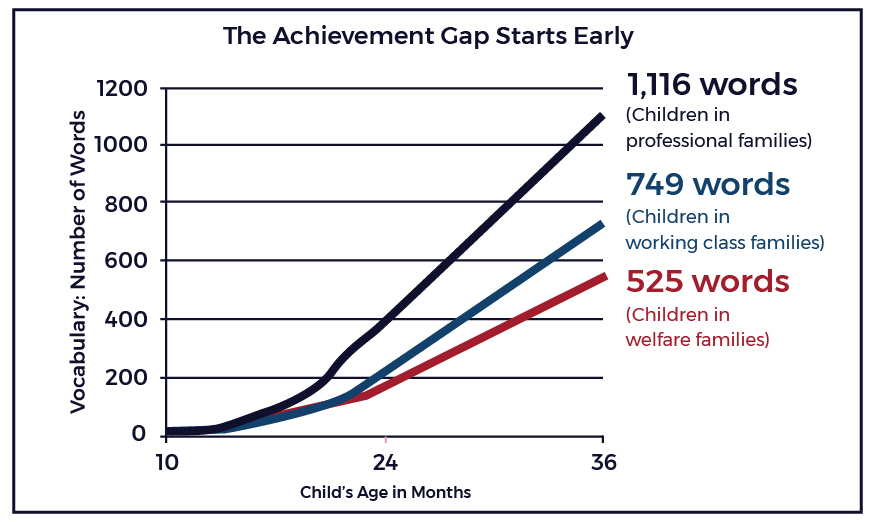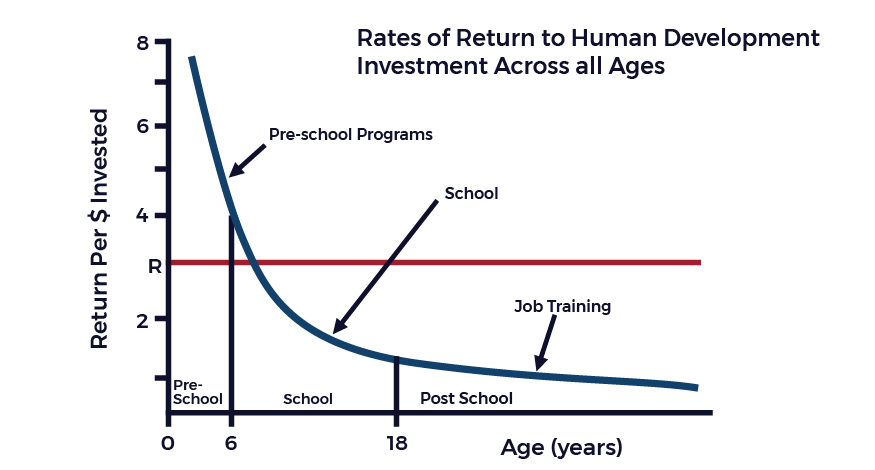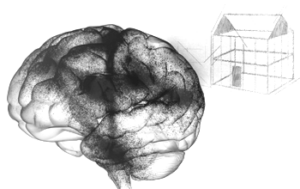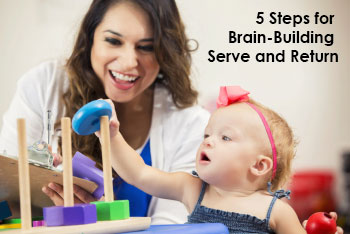Early deficits begin well before kindergarten.
Research has clearly demonstrated that early literacy and math skills as well as early workforce skills (such as cooperation and paying attention) at kindergarten entry predict future academic success. [3] [5] [6]

Early brain development plays a critical role.
How does Tennessee address the early learning gaps?
TQEE is committed to effective policy that improves and expands access to quality early education programs — broadly defined as education programs that serve children from birth through third grade. For young children, the reality is that every environment — whether home, preschool, childcare or elementary school — is a learning environment. They key is that whatever the context, children are getting the emotional and cognitive development and critical foundation necessary for success in school and life.
For young children, the reality is that every environment — whether home, preschool, childcare or elementary school — is a learning environment. They key is that whatever the context, children are getting the emotional and cognitive development and critical foundation necessary for success in school and life.
Tennessee can make a giant leap forward in early education outcomes by choosing policies that:
- Support parents to be their child’s first effective teacher;
- Expand access to high quality childcare and preschool;
- Improve instructional quality PreK- 3rd grade; and
- Build strong accountability and continuous improvement systems for all early education programs.
READ MORE about TQEE policy solutions.












